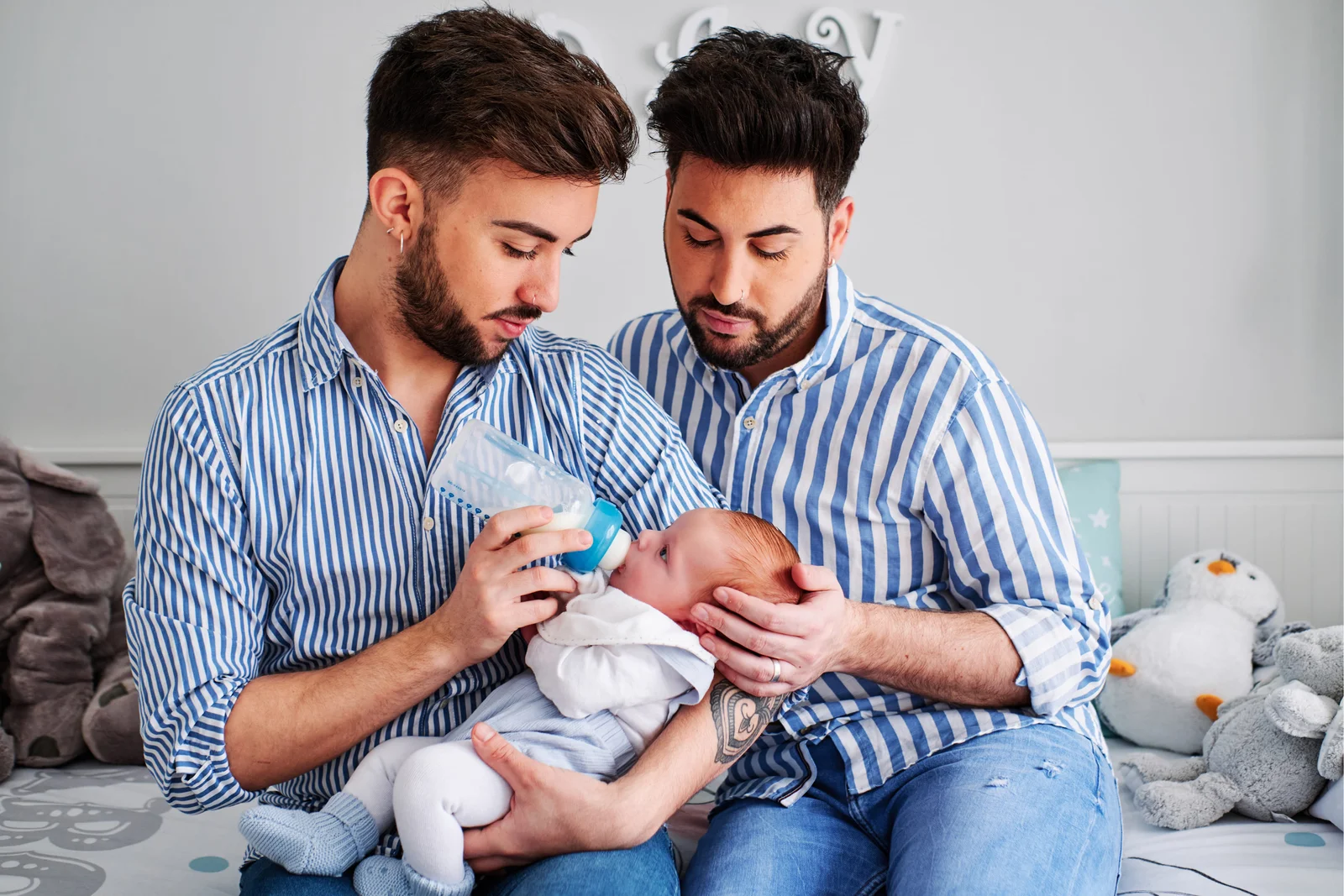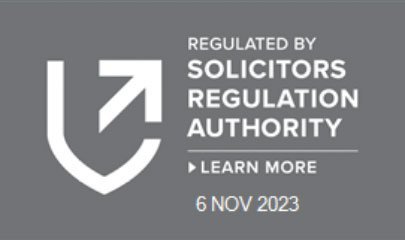Divorce is on the increase again with the most recent statistics showing 113,000 divorces in 2021, up nearly 10% on the previous year, which has had a significant impact on wait times. On average it now takes 52 weeks to conclude divorce proceedings.
In addition, official figures show that while private children cases were down by 7% during the last year, they are taking on average six weeks longer to reach a conclusion. Estimates suggest it takes nearly two years to resolve financial matters through the Courts.
That leaves many families in limbo for over a year, which has a knock-on effect on children’s schooling, family finances and the whole family’s mental health.
Resolution surveyed its members on the current court backlogs and found:
- 90% said court backlogs were causing additional and unnecessary stress and pressure for clients
- 34% said they had referred a client to a counsellor or therapist to help them cope with the stress of ongoing court delays.
Louise Allard of Allard Bailey said: “Backlogs are wreaking havoc on families. Even couples who want to separate amicably are having their patience tested by long delays. When it comes to sorting out arrangements for children and finances after divorce, the situation is even bleaker.
Children are waiting nearly a year for the courts to determine which parent they live with, what school they go to, how much time they spend with the other parent – putting the whole family’s life on hold. This is simply unacceptable and another reason why getting early professional advice is so important for families.”
Juliet Harvey, national chair of Resolution, said: “Under resourcing the family courts system is a false economy inflicting unnecessary pressure on the public purse and unconscionable stress on families at an already stressful time in their lives. A study of the impact of funding legal advice in Scotland found that, every £1 spent by government on legal aid in family cases saw a return of around £5 elsewhere.
If the government were to focus more on encouraging early advice for separating couples and including information about all out of court options it could ease the pressure on family courts. Resolution members like Louise Allard are doing their best to help families achieve better outcomes and find long-lasting resolutions.”
NOTES FOR EDITORS:
1. Resolution is a membership association of 6,500 family justice professionals promoting a non-confrontational approach to resolving family issues and campaigning for a fairer family justice system.
2. Resolution members commit to a Code of Practice that promotes a constructive approach to family issues and considers the needs of the whole family, in particular the best interests of children.
3. Further updates about Resolution’s work can be found via our official twitter handle: @ResFamilyLaw and on our website: www.resolution.org.uk
































































